WHO urgently monitors a strange disease in Africa that causes 8 deaths after attending the funeral: The patient had a fever, nosebleed and died after only a few hours
With unclear, easily confused symptoms, the mysterious disease can quickly take the patient's life after only a few hours.
On February 12, Guinea authorities decided to isolate 200 people involved to monitor the strange disease that killed 8 people after attending a funeral. Symptoms of the mysterious disease are nosebleeds, fever, joint pain, causing the victim to die within a few hours.
On February 10, Health Minister Mitoha Ondo'o Ayekaba announced that health authorities are trying to collect samples for testing from patients as quickly as possible. The country will send samples to the neighboring countries of Gabon and Dakar for further testing.
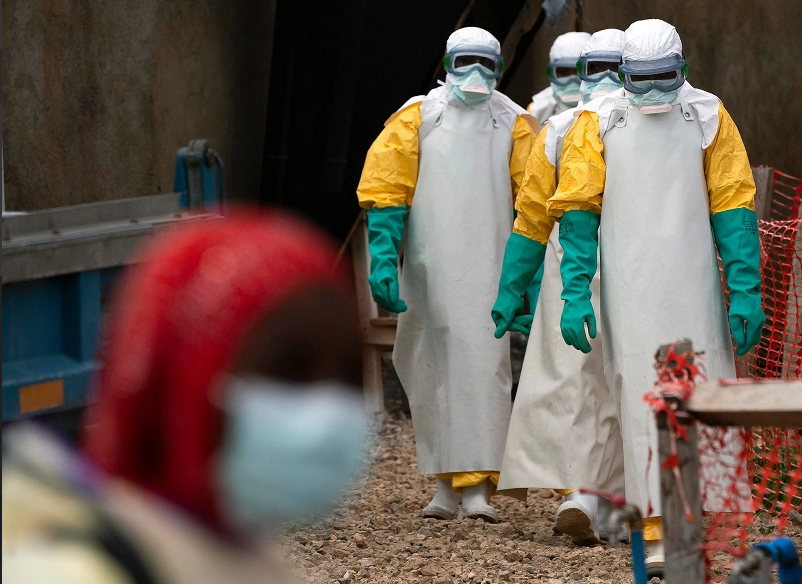
Ayekaba also said that authorities have sealed off two villages where the patients live, continuing to trace contacts to find people who may have the disease. Currently, the quarantined people have no symptoms.
"We are trying to determine as quickly as possible whether it is Lassa hemorrhagic fever or Ebola," he said.
Worried that the disease could break out, Guinea's neighbor Cameroon has now restricted movement along its border after "unknown deaths". On the other hand, Health Minister Malachie Manaouda of Cameroon said that the restriction order will help the country cope with all cases in the early stages of the epidemic.
Also related to the epidemic situation in the world, previously, the Director-General of the World Health Organization (WHO) Tedros Adhanom Ghebreyesus said that in the past few weeks there have been reports of an unusual spread of the virus. avian influenza H5N1 to some mammal species.
"H5N1 has been widely spread in wild and domestic birds for 25 years, but recent spread to mammals should be closely monitored," said Dr Tedros.
Recent reports indicate that the H5N1 virus has spread to ferrets, otters, foxes, and sea lions. This phenomenon has only been recorded in the last few weeks.
Regarding the risk to humans, the WHO currently assesses it at "low".
"Since H5N1 first appeared in 1996, we've only seen rare and unsustainable human-to-human transmission of H5N1. But we can't assume that will last forever. We have to be prepared. prepared for any change," the WHO head added.
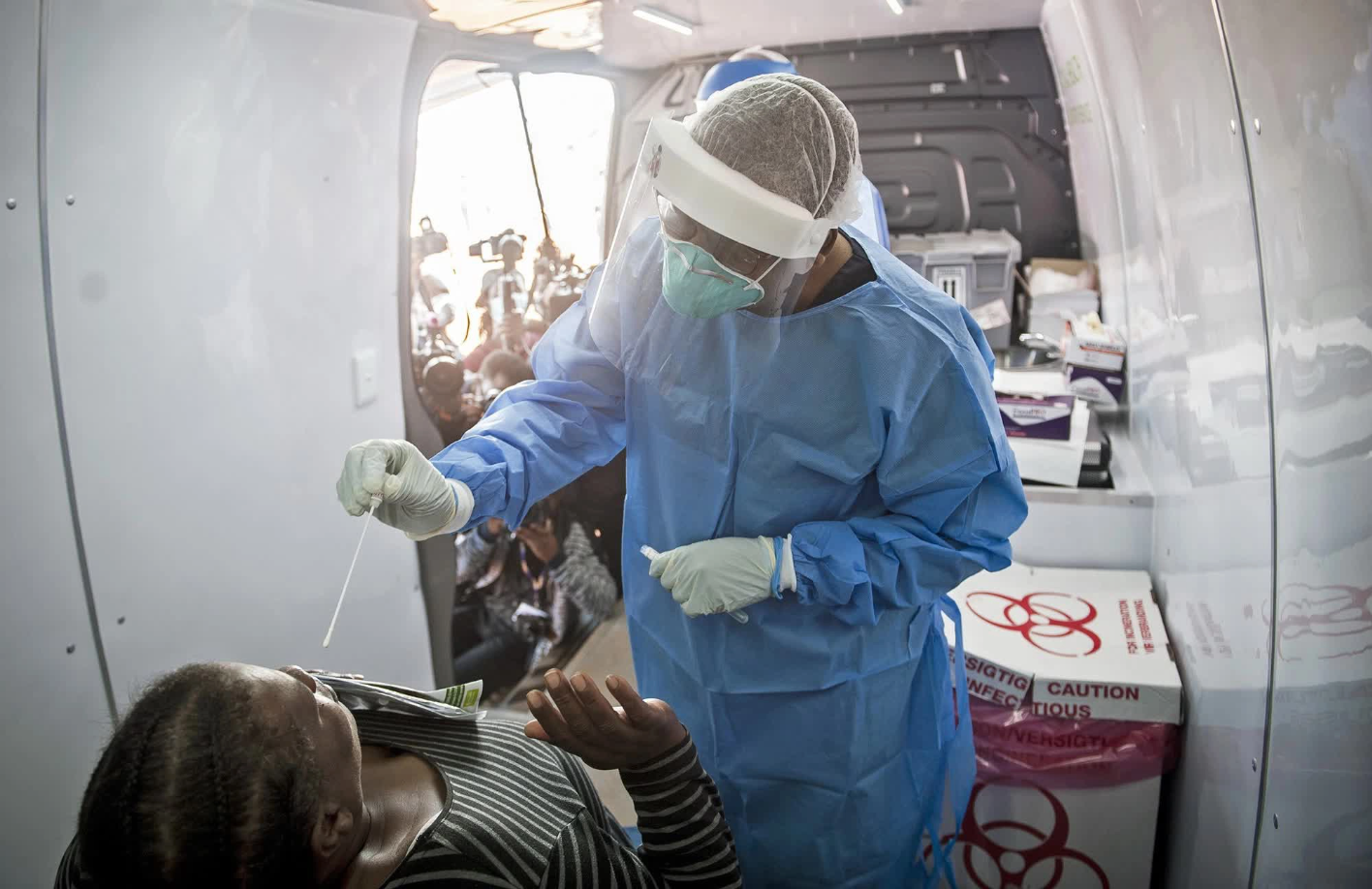
He also said WHO is working with national and territorial governments, as well as partners to closely monitor the situation and study human cases of H5N1 virus if any.
WHO also recommends that Member States strengthen surveillance of places where humans and domestic or wild animals often interact.
The WHO Global Network of Laboratories and the Global Influenza Surveillance and Response System are continuing to work with manufacturers to prepare a global supply of vaccines and antivirals as needed.
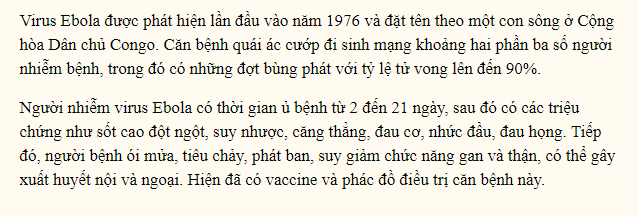
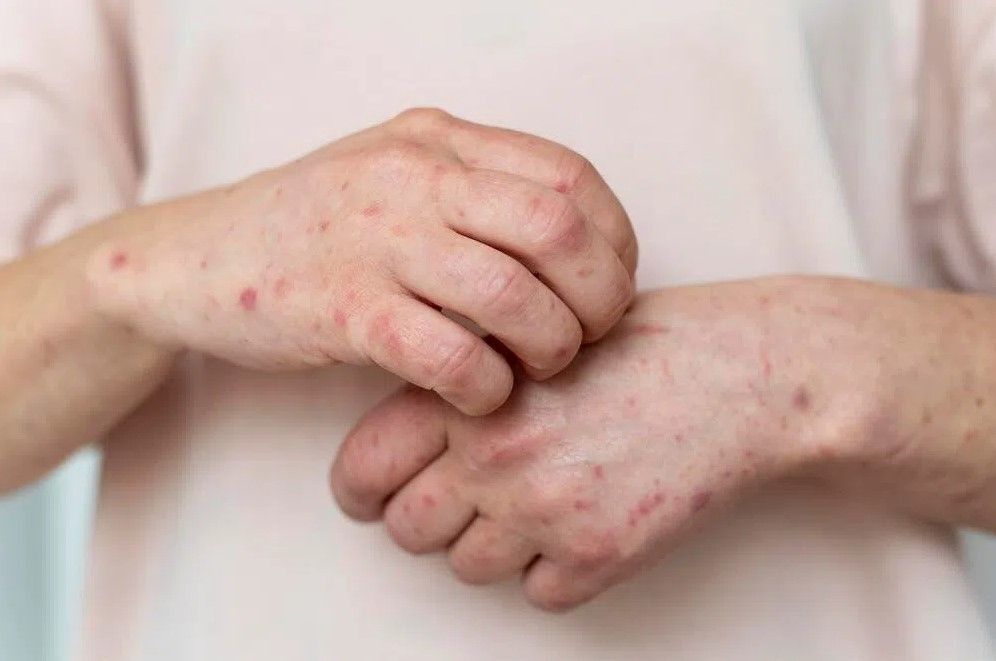
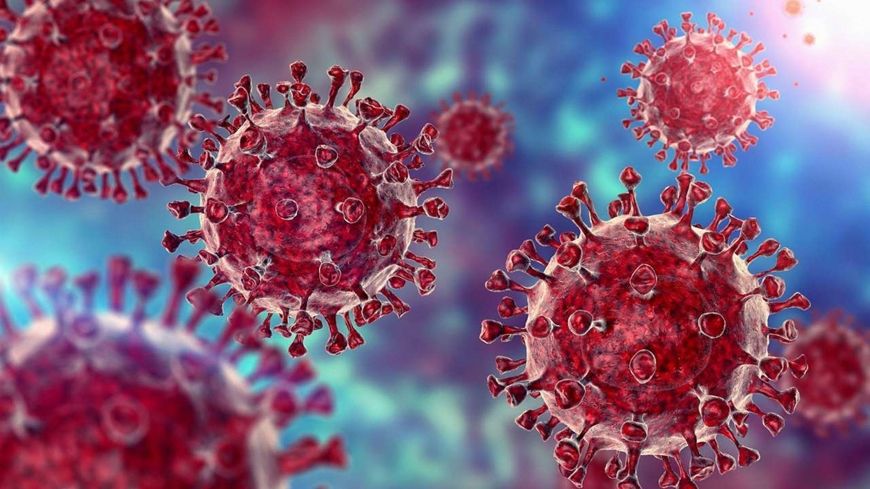









 Facebook
Facebook
 Tweet
Tweet
 Zalo
Zalo





 News
News

















 Sign in with Facebook
Sign in with Facebook
 Sign in with Google
Sign in with Google